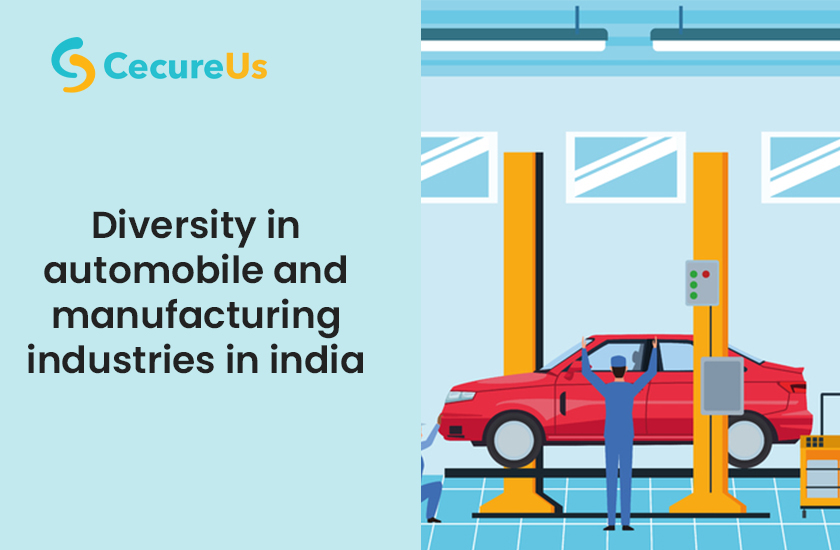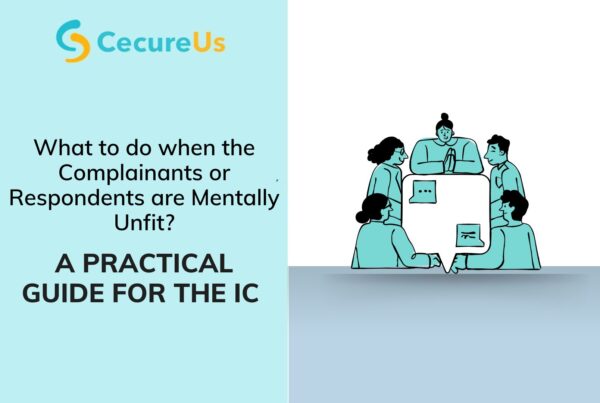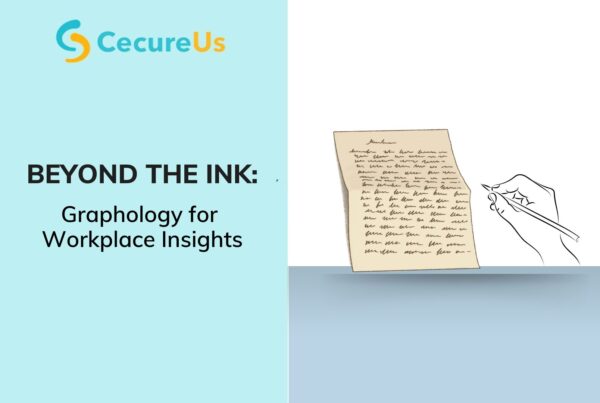
Traditional manufacturing setups make it challenging for women to consider careers in these fields. For decades, the stereotypical guise created by male prominence, long working hours and shifts, manual labour, and not-so-friendly or dangerous shop floor had made these fields a less considered option among women. Industries such as manufacturing, automobile, engineering, mining, etc., offered lesser pay and benefits than other women-friendly sectors. Thus, generations of women had apprehensions about having a stable career and growth in these industries.
However, the past few years have witnessed a complete revamp in the manufacturing and automobile sector. Today, the industries have evolved to be multifarious to such an extent that it requires diverse skill sets from men and women. The concept of diversity and inclusion has taken roots, and several companies across the globe have created women-friendly workspaces, attracting women to these industries.
Forging the path forward for diversity and inclusion in their industries are organisations like ABB, Hindustan Zinc, Daimler India, and Tata Steel, which serve as front-runners. ABB, a well-known technology and automation services company, increased its gender statistics to 14% in 2020 by imbibing a shift in its thought process throughout the organisation. They assigned specific roles for women employees to create visibility and ownership of agenda to top-level management using D&I councils.
Manufacturing major Kirloskar Brothers Limited set up an all-women unit in Karumathampatti, near Coimbatore, with 204 employees on the shop floor. They provide facilities for women employees, including transportation, creche, and opportunities for young women with learning disabilities. They also offer better HR policies like extended sabbatical post-maternity leave. Forward-thinking on their part has enabled women to constitute 7% of their overall employee strength.
Tata Steele, a pioneer industry house of our country, has an ambitious target to have women constitute 25% of their workforce by 2025 from 17% in 2018. Towards this mighty goal, Tata Steel has implemented people-friendly and robust HR programs/ policies like a 5-day work week, menstrual leave, adoption leave, satellite office operation, and Take2 for women in need of career break. They have made special facilities for women like creche, canteen, lady doctors, CCTV surveillance system, deployment of women security guards for women’s safety. Carrying the Tata name’s legacy forward are their D&I activities with a specific focus on tribal communities, people with disabilities, training employees to be sensitive to the needs of the LGBTQ community.
The automobile sector can boast of another D&I champion – Jaguar Land Rover. It has increased its female employees by 34%. Their women managers have increased from 17% in 2017 to 19% in 2020. Adding to this positive trend, they shine a light on women students through Young Women in the Know initiative for female students aged 15 to 18 by introducing them to the engineering and advanced manufacturing sector. Jaguar’s School Education Program aims to increase female students’ engagement in STEM (science, technology, engineering, and maths) subjects. Furthering Futures course, a week-long career immersion program is aimed to encourage young women to seek engineering careers.
Daimler India Commercial Vehicles aims to have women comprise 20% of their workforce by 2022. Aiding this lofty goal are their initiatives like hiring and deploying more women for shop-floor operations like engine and transmission, cab trim, and quality management as a part of the ‘DiveIN’ initiative. They provide suitable infrastructure for women, including changing rooms and washrooms. Its basic amenities like these make women employees feel heard and included. By offering comprehensive training for women on safety, firefighting, basic tool handling, communication skills, and health and hygiene, Daimler enhances workplace policies and measures, including the speedy grievance redressal system, gender sensitisation training, and the POSH (Prevention Of Sexual Harassment) for the safety and security of women.
The mining industry, traditionally thought of as manual labour intensive and unsafe, has beacons like Hindustan Zinc that aspire to have 30% of their employee base comprise women by 2025. This is applaudable, but they also ensure this is achievable by setting up women councils to identify women’s talent and groom more women to take up front-end operational and leadership roles. The organisation identifies and assigns senior leaders to guide women leaders and recruit more entry-level women engineers. By setting up facilities for women at the workplace, including women-friendly restrooms at every mining site, they achieve their target step-by-step.
A mammoth manufacturing label, Ashok Leyland has increased entry-level women’s participation by 35%. The initiatives by industry big-wigs set standards and show other companies that notions of diversity and inclusion contribute to progress in every aspect and give rise to sustainability and cross-functional teams. Ashok Leyland’s Intentional Talent Development introduces women leaders programs at higher levels and personal effectiveness programs at junior and mid-levels that include live projects, mentoring by leaders, learning labs, etc., to help women climb the leadership ladder increase the ratio of women leaders in the organization. Their Engagement through Enabling environment empowers women and boosts their self-esteem via the internal networking platform Shristi.
By conducting POSH awareness and training through classroom activities and online modules, the safety of women employees is emphasized, and gender sensitization is achieved. As part of their inclusive offerings, the organisation provides 6 months of maternity leave, paternity leave, adoption leave, flexible working hours for women undergoing pregnancy, special travel policy, etc. A feather on their cap is their Blessing Scheme, a unique scheme in their Pantnagar plant where a women’s hostel has been set up on the campus. This has helped achieve a women’s employment ratio of 22%.
All this is but a drop in the ocean of Diversity and Inclusion. From a mere 10%, the number of women employees in the manufacturing field has grown to 30%, which is remarkable. However, this number also indicates that gender disparity is still prevalent. Women represent the largest pool of untapped talent for manufacturers. Women have greatly influenced various sectors, including manufacturing/automobile companies, where women in lead roles have seen tremendous progress, better financial operations, positive work culture, and innovations. Gender diversity is the way forward, as bridging the gender gap by employing more women in the manufacturing and automobile industries is the key for businesses to grow and augment. It is high time more manufacturing/automobile industries implement women-friendly policies and switch to contemporary technologies to offer promising careers to womenfolk and bridge the gender gap.
For more blogs and articles, visit our official website. Contact us by writing to connect@cecureus.com for workshops and queries related to POSH, EAP(Employee Assistance Program,) and Diversity and Inclusion.
References




